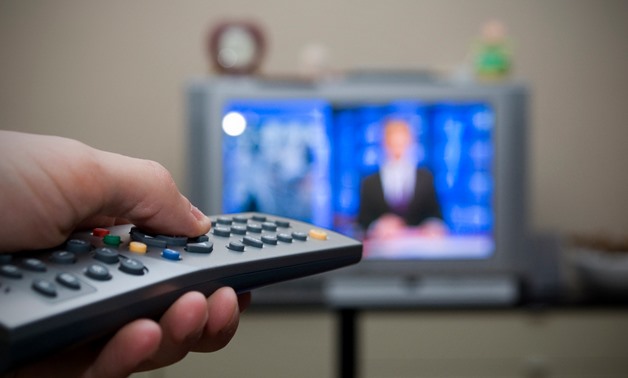
Photo courtesy of Flickr
CAIRO - 3 February 2018: Egypt’s Supreme Council for Media Regulations (SCM) is about to finish the media performance report, which evaluates the Egyptian press and media performance, according to Makram Mohamed Ahmed, head of the SCM, on Saturday.
The report acknowledges that the media is an important profession and has a noble purpose. The media is increasing society’s awareness by updating people with credible and objective and balanced coverage, said Hatem Zakrya, member of the SCM committee that works on the media performance evaluation report.
The committee also includes Gamal Shawky, Mona Al Garf, Suzan Kellini, Hoda Zakarya, Nadya Mabrook and Magdy Lashin, who will evaluate all Egyptian press, audio visual broadcast and internet websites, according to Zakrya.
He also added that the main criteria that the committee depends on are the Egyptian press syndicate code of ethics and the audio-visual media workers syndicate code of ethics, adding to the code of professional conduct, which was issued according to law No.93 of 2016 and published in the official Gazette in December 2017.
The committee will also put into consideration all Egyptian laws that regulate media work in Egypt, such as law No.92 of 2016 on the "institutional regulation of the press and media”.
Regarding the process the committee follows in order to issue the report, Zakrya said that they depend on discussions, memos from committee members and consulting media experts, adding to the reports they receive from the SCM committees of training, complaints, monitoring and evaluation.
The report aims to promote freedom of expression and the rights and duties of journalists, and it will make sure to evaluate all illegal practices, such as violating people’s privacy, public morals, inciting violence or raising community concerns. Also, it aims to develop the press and broadcast institutions and to ensure that they are neutral in their performance.
The Supreme Council for Media Regulations was established on December 24, 2016 after President Abdel Fatah al-Sisi issued Law No. 92 of 2016 on the Institutional Organization of the Press and the Media as an independent body with corporate personality.
The council is composed of a chairman, selected by the president, and 12 members representing such institutions as the Parliament, the Administrative Court, and the Journalists Association.
The role of the council is to regulate and supervise media outlets in all forms: print, broadcast and electronic; and it establishes the framework and standards necessary to ensure that media outlets abide by the rules and ethics of the profession.
The SCM ensures fair competition between media groups as well as their independence and neutrality and adherence to journalistic ethics, and it will make sure they do not compromise national security.
It can punish media organizations if they violate its regulations; create a list of penalties; fine media organizations that break license terms; revoke or suspend the right to publish or broadcast; receive and investigate complaints of libel or invasion of privacy; regulate and supervise, with other concerned authorities, the sources of financing of media outlets, to ensure transparency and legality.
Media in Egypt is of an extreme importance to President Sisi and the government, as he sends several messages to media outlets after his speeches. Recently, he said during the inauguration of Zohr gas field in Port Said that journalists have to check all the information they publish and also try to bridge the gap between the government and people.

Comments
Leave a Comment